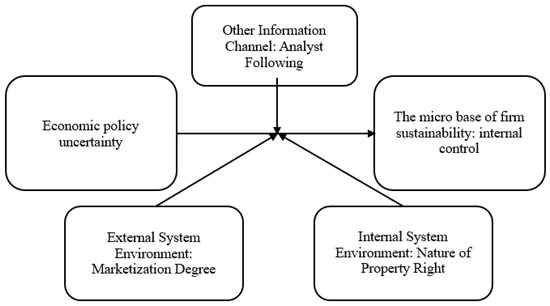
Economic Policy Framework: Navigating Growth and Stability

Navigating Growth and Stability: Economic Policy Framework
Economic policy frameworks are foundational blueprints that guide a nation’s economic decisions and actions. This article explores the significance of economic policy frameworks, their key components, and the role they play in fostering growth and stability.
Defining the Economic Policy Framework
The economic policy framework is a comprehensive set of rules, regulations, and guidelines established by governments to shape the direction of their economies. It serves as a roadmap for economic decision-making, encompassing fiscal, monetary, and regulatory policies. The goal is to achieve a balance that promotes sustainable growth, maintains price stability, and addresses societal needs.
Fiscal Policies: Balancing Revenue and Expenditure
Fiscal policies are a critical component of the economic policy framework, focusing on government revenue and expenditure. Governments use fiscal measures such as taxation and public spending to influence the overall economy. A well-crafted fiscal policy aims to strike a balance between generating revenue for essential services and ensuring that public spending stimulates economic activity without causing inflationary pressures.
Monetary Policies: Managing Money Supply and Inflation
Central to the economic policy framework is the management of money supply and inflation through monetary policies. Central banks implement measures such as interest rate adjustments and open market operations to control inflation and stabilize the currency. These policies influence borrowing costs, consumer spending, and investment, playing a crucial role in shaping the overall economic landscape.
Regulatory Measures: Creating a Conducive Business Environment
Regulatory measures form another pillar of the economic policy framework, creating a business environment that encourages investment and entrepreneurship. Governments design regulations to ensure fair competition, protect consumers, and address market failures. A well-defined regulatory framework fosters innovation, attracts investments, and contributes to economic dynamism.
Trade and External Policies: Navigating Global Economic Realities
In an interconnected world, economic policy frameworks extend to trade and external policies. Governments formulate strategies to navigate global economic realities, participating in international trade agreements and diplomatic efforts. These policies aim to enhance the competitiveness of domestic industries, open new markets, and strengthen economic ties with other nations.
Social Policies: Balancing Economic Growth with Social Welfare
Economic policy frameworks increasingly emphasize social policies to balance economic growth with social welfare. Measures such as healthcare, education, and social security contribute to inclusive growth. Governments strive to create policies that address societal needs, reduce inequality, and ensure that the benefits of economic progress are shared across diverse segments of the population.
Environmental Considerations: Integrating Green Policies
Modern economic policy frameworks recognize the importance of environmental sustainability. Governments integrate green policies to address climate change, promote clean energy, and ensure responsible resource management. This approach aligns economic growth with environmental stewardship, fostering a more sustainable and resilient economy.
Crisis Management and Contingency Planning
An effective economic policy framework includes provisions for crisis management and contingency planning. Governments anticipate economic downturns, external shocks, or unforeseen events and develop strategies to mitigate their impact. This proactive approach enhances the resilience of the economy and minimizes the adverse effects of crises.
Technology and Innovation Policies: Driving Economic Advancement
In the contemporary landscape, economic policy frameworks actively incorporate technology and innovation policies. Governments recognize the transformative power of technology in driving economic advancement. Policies that support research and development, foster innovation ecosystems, and ensure the integration of emerging technologies contribute to sustained economic growth.
Economic Policy Framework on Careerth.com
For those seeking a deeper understanding of economic policy frameworks and their implications for career opportunities, Careerth.com provides valuable resources. Visit Economic Policy Framework on Careerth.com to access analyses, case studies, and expert insights that shed light on the role of economic policies in shaping economies and influencing career paths.
Conclusion: Steering the Course for Economic Success
In conclusion, the economic policy framework serves as a compass, guiding nations through the complex terrain of economic decisions. From fiscal and monetary policies to regulatory measures, trade strategies, and considerations for social and environmental well-being, a well-crafted framework sets the course for growth and stability. As nations navigate the challenges of the global economy, the effectiveness of their economic policy frameworks plays a pivotal role in steering them toward sustained success.
